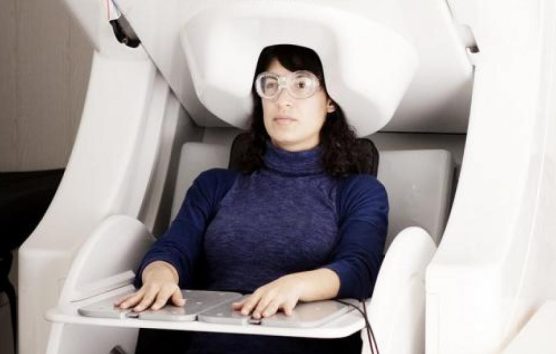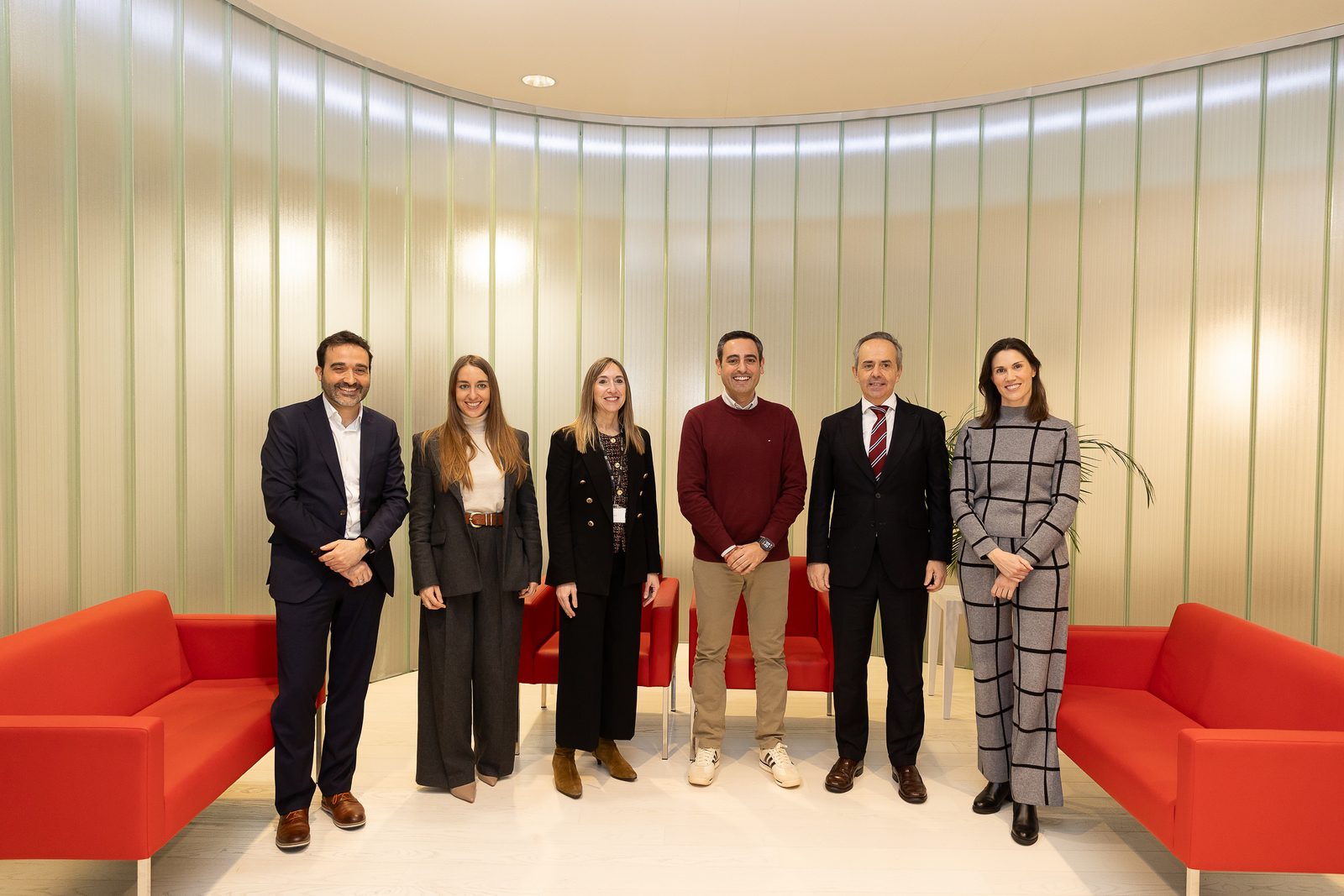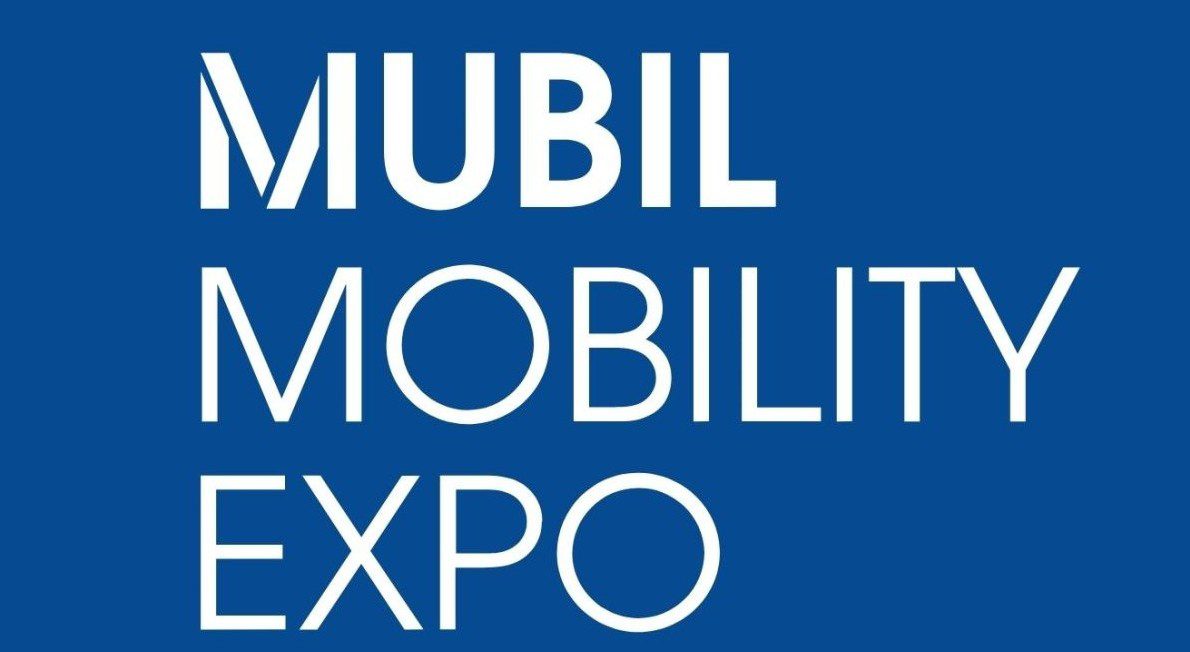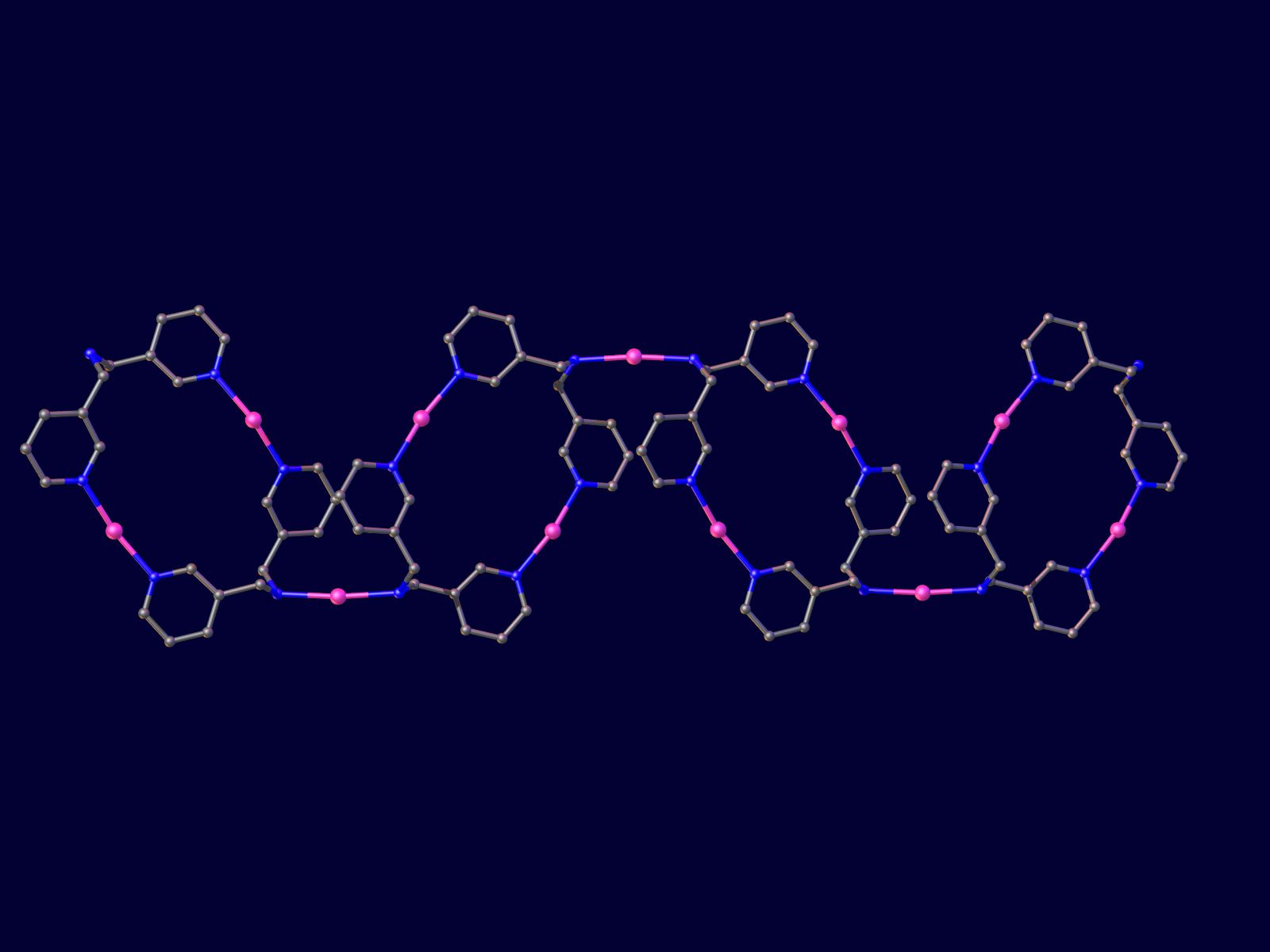THE FACE AS A REFLECTION OF SPEECH TO STUDY PROSODY

The BCBL research centre, in collaboration with the Biogipuzkoa Health Research Institute, aims to find out the cognitive origin of the ability to interpret and distinguish the intonation of anger, joy, exclamations or questions.
The experts will test healthy people and patients with brain damage with the task of listening to sentences and then choosing the face that best expresses the words perceived.
Deficits in prosodic comprehension are common in people who have suffered a brain injury such as a stroke.
The proverb says that the face is the mirror of the soul, but what if it is also the mirror of speech? Or do we not change our gesture when we express anger or when we announce positive and joyful news? In the same way, our voice also varies depending on whether we are exclaiming or questioning something. 
Our ability to interpret and distinguish the intonation of words in each of these communicative situations is known as prosody and plays a key role in human interactions. So much so that a deficit in this prosodic comprehension, which is common in people who have suffered a stroke, for example, has a significant impact on their quality of life.
The aim of a new study by the Basque Center on Cognition, Brain and Language (BCBL) in Donostia, in collaboration with the Donostia University Hospital and the Biogipuzkoa Health Research Institute (IIS Biogipuzkoa), is to find the origin of prosody and its failures and to understand how it works at brain level in healthy people and those with neurological damage.
“We will study the phases involved in the interpretation of intonation with the idea of observing what influence a deficit in this function can have on speech comprehension and which brain region is most closely related to prosody,” explains Giada Antonicelli, BCBL researcher.
As the expert adds, it is traditionally believed that emotional prosody (happy, angry or sad) is processed in the right hemisphere of the brain, while linguistic prosody (question, plea or exclamation) is processed in the left hemisphere. “This hypothesis is not supported by current evidence, which indicates a more complex distribution of prosody-related functions,” he says.
Healthy and brain-damaged participants
The BCBL researchers will analyse the interpretation of prosody in two groups of participants: on the one hand, patients with brain damage from the Neurology Service of the University Hospital of Donostia, which is collaborating in the study; and, on the other, healthy people over the age of 18.
In this second group, the centre is currently looking for volunteers who are right-handed, who have a minimum secondary school education, who are not taking medication for depression or anxiety, who do not have any kind of neurological problem and who have no musical training.
“The idea is to assess the effects that age and brain damage can have on prosody processing,” says Antonicelli.
To do this, experts will measure the behavioural and neuronal response of the participants through behavioural tests and magnetoencephalography (MEG), a non-invasive technique that detects the magnetic field produced naturally by the electrical activity of the brain.
In these tests, both healthy and sick people will undergo a simple task that will test their memory and language skills: listening to sentences and then choosing from 3 alternatives the face that best expresses the intonation of the words just heard, whether they are angry, happy, questioning, pleading or neutral.
The major novelty of the research lies in studying prosody in brain-damaged people using not only MEG, but also a statistical analysis technique called cortical tracking, which estimates the synchronisation between auditory stimuli and activity in the cerebral cortex.
“Previous research has shown that the brain and its oscillations tend to synchronise with the rhythm of speech, i.e. that neurons, the brain cells, slightly modify their activity to tune to the flow of speech. This is the first study to measure cortical tracking of prosody in people with brain damage and in different age groups to find out how this synchronisation influences prosodic comprehension,” stresses Simona Mancini, leader of the BCBL research group “Neurolinguistics and Aphasia”.
The results of the BCBL project, funded by the Spanish Ministry of Science and Innovation, will increase knowledge about the origin of prosody deficits and could help to guide rehabilitation therapies for people who have suffered a stroke, for example, and make them more effective.
Those who wish to participate and are available to come to BCBL’s facilities in the Miramón Technology Park, Donostia (Gipuzkoa), can contact the centre by e-mail at participa@bcbl.eu, indicating in the subject line: “Protrack Study”.




